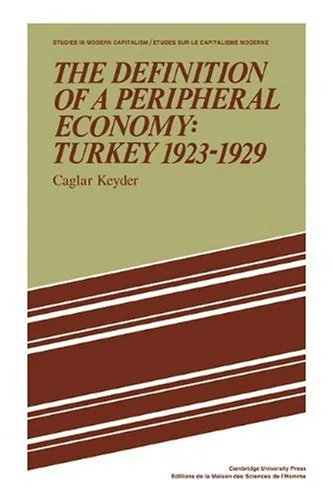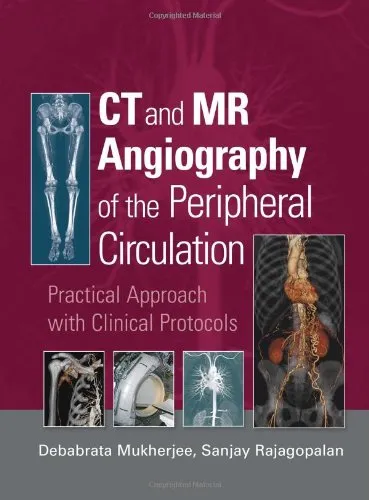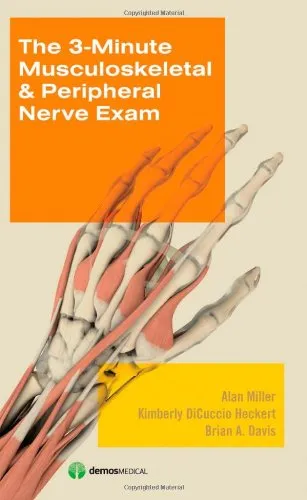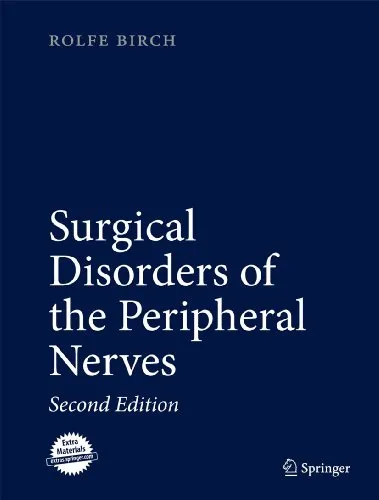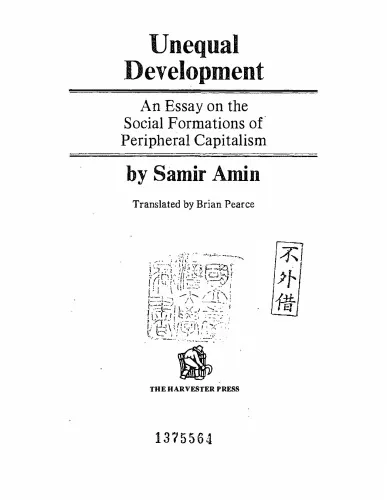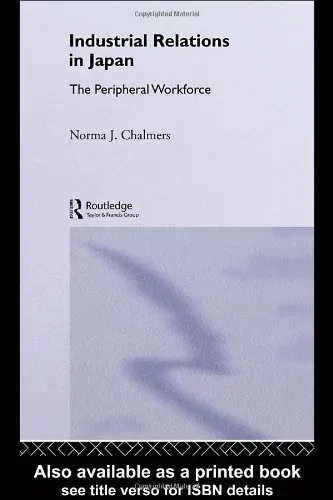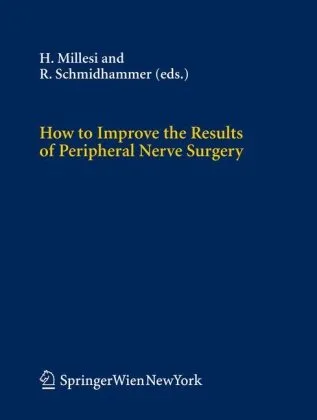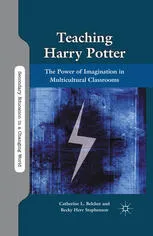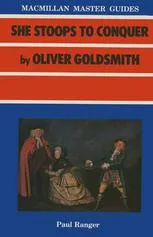The Definition of a Peripheral Economy: Turkey 1923-1929
4.3
بر اساس نظر کاربران

شما میتونید سوالاتتون در باره کتاب رو از هوش مصنوعیش بعد از ورود بپرسید
هر دانلود یا پرسش از هوش مصنوعی 2 امتیاز لازم دارد، برای بدست آوردن امتیاز رایگان، به صفحه ی راهنمای امتیازات سر بزنید و یک سری کار ارزشمند انجام بدینکتاب های مرتبط:
کتاب 'The Definition of a Peripheral Economy: Turkey 1923-1929' اثری جامع و تحلیلی است که به بررسی اقتصادی ترکیه در دورهای حساس از تاریخ این کشور میپردازد. نویسنده در این اثر با استفاده از رویکردهای مختلف تاریخی و اقتصادی، به تحلیل روندهای اقتصادی و چالشهایی که ترکیه در این دوره با آن مواجه بوده میپردازد.
خلاصهای از کتاب
این کتاب به دورهای پرداخته است که ترکیه به تازگی از جنگهای استقلال رها شده و به دنبال تثبیت و توسعه اقتصادی خود بوده است. نویسنده از مفاهیم Peripheral Economy برای تبیین وضعیت اقتصادی ترکیه استفاده میکند و به شکلگیری ساختارهای اقتصادی نوین در این کشور میپردازد. این بررسی شامل موضوعاتی همچون سیاستهای اقتصادی، نوسازی صنعت، و تحولات اجتماعی- اقتصادی است.
نکات کلیدی
- تبیین مفهوم Peripheral Economy و کاربرد آن در تحلیل اقتصادی ترکیه
- بررسی سیاستهای اقتصادی و نقش آنها در تغییرات ساختاری
- تحلیل اثرات نوسازی صنعت بر اقتصاد و جامعه ترکیه
- مطالعه تاثیرات اقتصادی خارجی و داخلی بر توسعه ترکیه
نقلقولهای مشهور از کتاب
"اقتصاد های Peripheral بیشتر از آنکه محصول عملکرد داخلی باشند، متاثر از نیروهای خارجی و موقعیتهای بینالمللی خود هستند."
"ترکیه مدرن در تلاش است تا میان گذشته عثمانی و تمایلات غربیسازی توازن برقراری کند."
اهمیت این کتاب
این کتاب از اهمیت بالایی برخوردار است زیرا با نگاهی تاریخی- اقتصادی به یکی از دورههای پرچالش و حساس ترکیه میپردازد و مسیری را که این کشور برای گذار از یک اقتصاد Peripheral به اقتصادی توسعهیافتهتر طی کرده است، به خوبی به تصویر میکشد. برای پژوهشگرانی که به مطالعه اقتصادی و تاریخی کشورها علاقهمند هستند، این کتاب مرجعی ارزشمند تلقی میگردد و میتواند به عنوان الگویی برای تحلیلهای مشابه در دیگر کشورها مورد استفاده قرار گیرد.
The Definition of a Peripheral Economy: Turkey 1923-1929
Welcome to an in-depth exploration of the book The Definition of a Peripheral Economy: Turkey 1923-1929 by Caglar Keyder. This book offers a profound examination of Turkey's economic journey during a transformative period in its history. Through meticulous research and insightful analysis, Keyder delves into the nuances of why certain economies are termed "peripheral" and how Turkey, in the years following its establishment as a republic, fits into this framework.
Detailed Summary
The Definition of a Peripheral Economy: Turkey 1923-1929 navigates the complexities of Turkey’s economic landscape during the early years of the Republic, following the fall of the Ottoman Empire. It seeks to define what comprises a peripheral economy by exploring Turkey's socio-economic conditions during the critical post-independence period. The book provides a historical context of global economic structures and places Turkey within this context as a case study of a nation striving to balance tradition with modernization.
Keyder critically assesses the policies implemented by Mustafa Kemal Atatürk and his government that aimed at modernizing the Turkish economy. The analysis extends to the political and economic ideologies that influenced these policies and their subsequent impact on Turkey’s position in the world economy. With careful attention to detail, Keyder explains the agricultural focus, industrial development attempts, and the navigation of foreign influences that characterized Turkey’s economic strategies during this period.
Key Takeaways
- Defining Peripheral Economy: Understand the characteristics that define a peripheral economy through the lens of Turkey's economic history.
- Economic Policies and Outcomes: Gain insights into the policy decisions made during the formative years of the Turkish Republic and their long-term implications.
- Global Context: Explore how global economic trends and pressures influenced Turkey's economic path in the early 20th century.
- Balance of Tradition and Modernization: Learn how Turkey's efforts to modernize while retaining cultural identity impacted its economic development.
Famous Quotes from the Book
"In the shadows of the fallow empires, new nations emerge not only with renewed vigor but with the burdens of their historical legacies."
"To navigate the complexities of growth, a nation must understand its place in the broader economic tapestry."
Why This Book Matters
The Definition of a Peripheral Economy: Turkey 1923-1929 is a crucial resource for students, historians, and economists interested in understanding the economic dynamics of nations classified as peripheral economies. The book offers significant insights that contribute to the broader discourse on economic development, global inequality, and the paths nations take in carving out their economic identities. By situating Turkey’s early republican era within global economic frameworks, Keyder provides a reference point for comparative analyses with other emerging economies. The book's relevance extends beyond Turkey, offering lessons applicable to current global economic challenges and transformations.
دانلود رایگان مستقیم
شما میتونید سوالاتتون در باره کتاب رو از هوش مصنوعیش بعد از ورود بپرسید
دسترسی به کتابها از طریق پلتفرمهای قانونی و کتابخانههای عمومی نه تنها از حقوق نویسندگان و ناشران حمایت میکند، بلکه به پایداری فرهنگ کتابخوانی نیز کمک میرساند. پیش از دانلود، لحظهای به بررسی این گزینهها فکر کنید.
این کتاب رو در پلتفرم های دیگه ببینید
WorldCat به شما کمک میکنه تا کتاب ها رو در کتابخانه های سراسر دنیا پیدا کنید
امتیازها، نظرات تخصصی و صحبت ها درباره کتاب را در Goodreads ببینید
کتابهای کمیاب یا دست دوم را در AbeBooks پیدا کنید و بخرید
1356
بازدید4.3
امتیاز0
نظر98%
رضایتنظرات:
4.3
بر اساس 0 نظر کاربران
Questions & Answers
Ask questions about this book or help others by answering
No questions yet. Be the first to ask!
